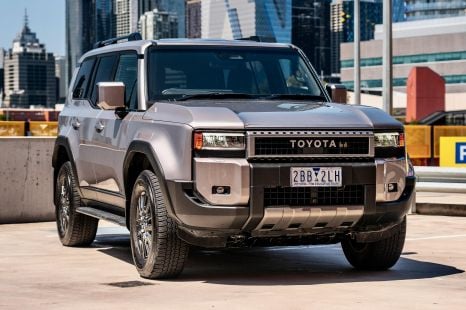

Max Davies
2025 Toyota Prado GXL review
2 Months Ago

Journalist
Overnight at the company’s annual press conference, Porsche said it expects 80 per cent of total sales to be of fully electric vehicles by the end of the decade, with the automaker launching at least four new EVs prior to 2030.
In order to make its EV target a reality, the Zuffenhausen-based automaker confirmed the fourth-generation Cayenne will be a pure electric model.
The new Cayenne EV will be based on the all-electric SSP Sport architecture being developed by Porsche, and which may be a derivative of the Scalable Systems Platform designed to unify the Volkswagen Group’s EV architectures.
The third-generation Cayenne uses the MLB platform that supports petrol, diesel, and plug-in hybrid drivetrains.
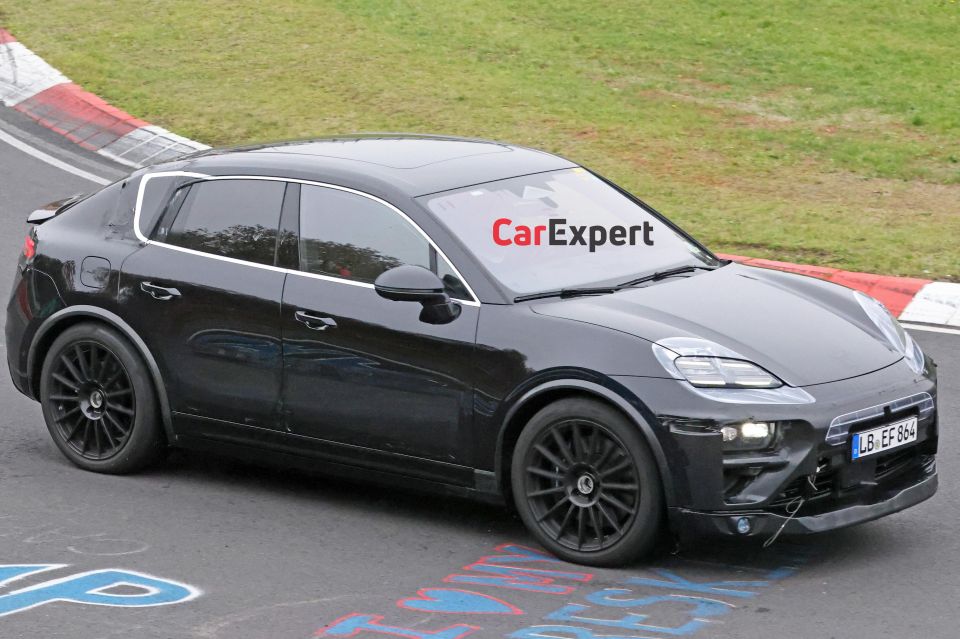
Porsche is expected to continue selling the existing third-generation Cayenne alongside the new model for at least a few years.
A heavily updated version of the Cayenne is due to go on sale globally this year, and according to the company the facelifted model will feature “three further-developed plug-in hybrids with greater ranges”.
The new Cayenne EV is expected to debut in 2026, and it will be the third of four new dedicated EV models from the brand, most of which will be crossovers.
The first new EV is the second-generation Macan. Originally slated to go on sale this year, Porsche says development has now “reached the home straight” and the Macan EV “will be available to customers in 2024”.

Due to different take-up rates for EVs across the world as well as, probably, a slow production ramp up, the current Macan will be sold alongside the Macan EV for a number of years.
Coming in the “middle of the decade” is the all-electric 718. Porsche says “in the medium term it will only be available as an all-electric model”, hinting at a possible future variant with the company’s signature boxer engine.
The 718 will reportedly have its battery pack mounted vertically behind the passenger cell in order to recreate the weight balance of a traditional mid-engine vehicle.
Although it wasn’t mentioned today, Porsche is also known to be working on a crossover that’s larger than the Cayenne. Codenamed J1, this three-row EV is expected to make its global debut in 2027.
Where expert car reviews meet expert car buying – CarExpert gives you trusted advice, personalised service and real savings on your next new car.
Derek Fung would love to tell you about his multiple degrees, but he's too busy writing up some news right now. In his spare time Derek loves chasing automotive rabbits down the hole. Based in New York, New York, Derek loves to travel and is very much a window not an aisle person.


Max Davies
2 Months Ago
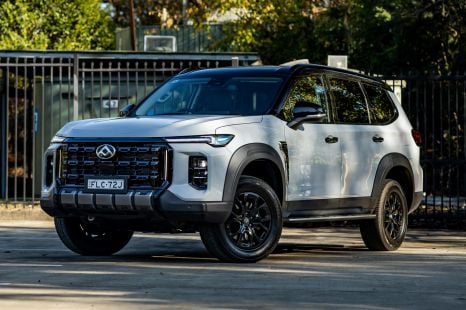

Matt Campbell
2 Months Ago
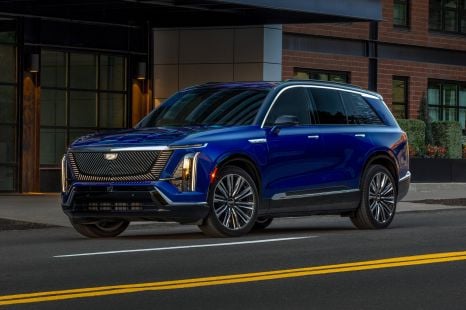

William Stopford
1 Month Ago
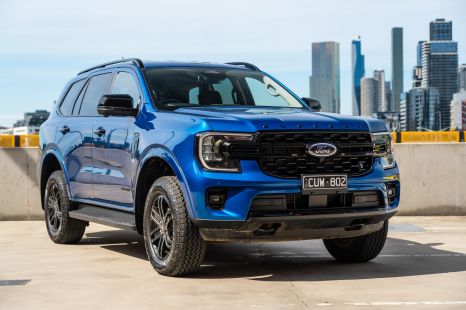

Josh Nevett
1 Month Ago
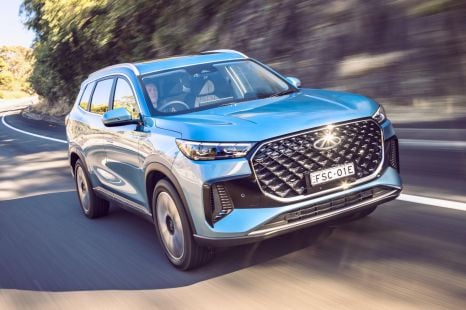

Max Davies
27 Days Ago
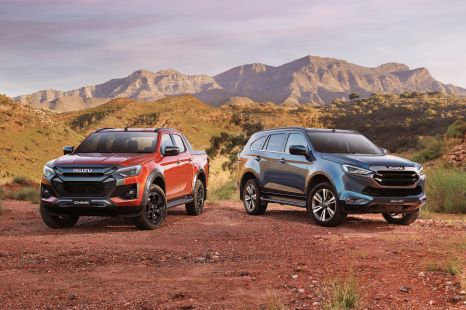

Marton Pettendy
21 Days Ago